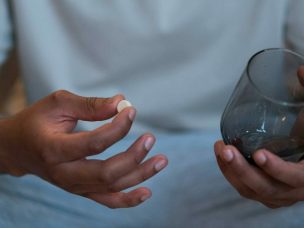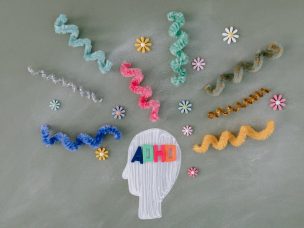Adults with ADHD are at high risk of receiving criticism from others related to their ADHD. This study, published in PLOS ONE, sought to determine how adults with ADHD deal with this criticism.
A total of 162 adults with ADHD and high ADHD traits participated in this qualitative study. They shared their experiences of criticism with the researchers in the form of a written response. Responses of fewer than ten words were excluded, and thematic analysis was performed to discover common experiences of criticism among the participants.
Ultimately, it was found that impulsivity, inattention, lack of organization, poor time management, and forgetfulness were the study participants’ most commonly criticized behaviors. Moreover, inattention and related behaviors were the most criticized behaviors overall, while impulsivity was most often criticized in social situations.
These criticisms were reported to have detrimental effects on the participants’ self-esteem and well-being. To cope, some individuals ignored criticism or altered their outlook on it by attempting to accept themselves as they are. Last but not least, the participants confided that receiving understanding from others improves their response to criticism.
In closing, this study underscores the detrimental impact that criticism of ADHD-related behaviors has on adults with ADHD. This patient population would likely be better served if they received more understanding from their healthcare providers.
For example, rather than misinterpreting inattention, restlessness, incompletion of routine healthcare maintenance tasks, and missed appointments as noncompliance, providers should try to be understanding of these ADHD-related behaviors and work with their patients with ADHD to develop a treatment plan that works better for them [1].
Source:
[1] Beaton, D. M., Sirois, F., & Milne, E. (2022). Experiences of criticism in adults with ADHD: A qualitative study. PLOS ONE, 17(2), e0263366. https://doi.org/10.1371/journal.pone.0263366










